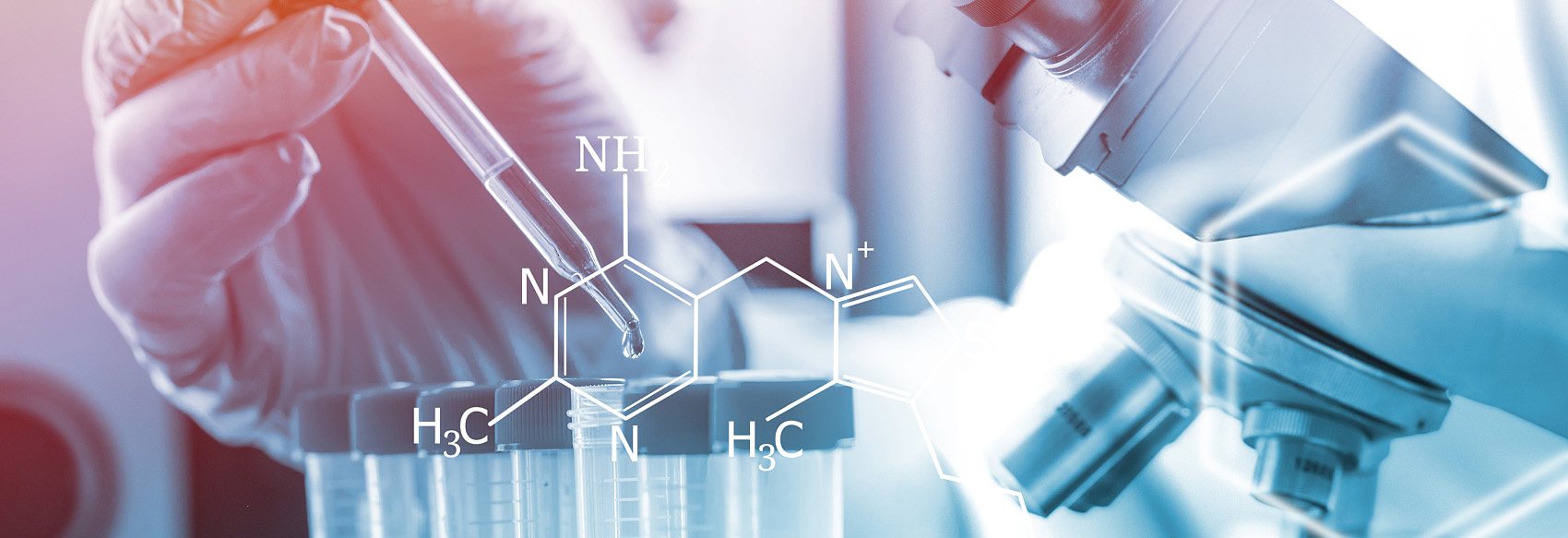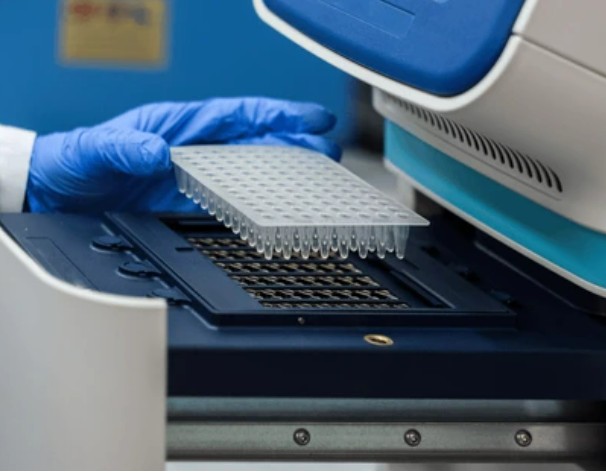Synthetic biology revolutionizes traditional biological approaches by applying engineering principles to design and construct new biological systems. This field encompasses a wide array of techniques, including gene editing, metabolic engineering, and pathway construction. By reprogramming organisms to perform specific tasks, synthetic biology provides unprecedented opportunities for innovation in medicine, agriculture, and environmental science. In the pharmaceutical industry, synthetic biology holds the promise of accelerating drug discovery, enhancing therapeutic efficacy, and reducing production costs. By leveraging synthetic biology's capabilities, researchers can design and produce novel compounds, optimize biomanufacturing processes, and develop personalized medicine solution.

At the forefront of this innovative field, our synthetic biology technology platform is specifically tailored for the pharmaceutical industry. We integrate state-of-the-art computational tools, sophisticated laboratory techniques, and a collaborative ecosystem to foster innovation and to streamline the drug development process. Moreover, central to our platform is a multidisciplinary team of experts in molecular biology, bioengineering, data science, and regulatory affairs. This diverse team collaborates to ensure that our synthetic biology projects are not only scientifically sound but also compliant with regulatory requirements.
Our Synthetic Biology Technology Platform
Our platform features a robust technical strength that covers genetic engineering, enzyme engineering, biological transformation and other professional multiple technical expertise:
- Gene Synthesis and Editing Technology: This technology enables us to design and insert synthetic genes into organisms with high precision.
- Enzyme Engineering: We can enhance their efficiency to catalyze reactions necessary for pharmaceutical production by redesigning enzymes. This not only streamlines the synthesis process but also reduces costs and environmental impact.
- Bioinformatics and Computational Modeling: Our platform can harness bioinformatics and computational modeling to predict outcomes and design biological pathways. These tools support the rational design of synthetic organisms and help anticipate their functions, thereby accelerating the development timeline for new drugs.
- Cell Culture Technology: We use advanced cell culture techniques to grow the modified cells in a controlled environment. This ensures the consistent and scalable production of the pharmaceutical compounds needed for drug development and commercialization.
- Metabolic Engineering: By reprogramming the metabolic pathways of microorganisms, we can enhance the production yields of desired compounds. This is particularly beneficial for generating complex drugs that require precise metabolic control.
- Automation and High-Throughput Screening: Our platform employs automation to enhance precision and efficiency in drug development. Coupled with high-throughput screening, we can rapidly identify promising compounds, expediting the drug discovery process.
- Biotransformation Capabilities: Our comprehensive biotransformation capabilities, including process optimization, scale-up and quality control, can successfully translate laboratory-scale into industrial production, and provide more environmentally friendly and economical processes to meet customers' needs for reduced costs and stable supply.
The applications of synthetic biology in the pharmaceutical industry are vast and varied, ranging from drug discovery to the production of biologics. Here are some key services that our platform can offer:
- Drug Discovery: With the integration of advanced computational models and synthetic biology techniques, we can design and test new genetic circuits and pathways that mimic disease processes, enabling faster identification of drug candidates. This approach not only expedites the discovery phase but also increases the specificity and efficacy of drug compounds by allowing customization of drugs that can interact with specific genetic profiles or biomarkers.
- Biosynthesis of Pharmaceutically Active Compounds: Utilizing genetically engineered microorganisms, we can produce compounds such as antibiotics, anticancer agents, and other critical medications at scale with higher yields and reduced environmental impacts. The types of these active compounds include small molecule drug, peptide drug and oligonucleotide drug.
- Vaccine Development: By constructing viral genomes and synthetic antigens, we develop vaccines that can be produced quickly and adapt to emerging infectious threats. Examples include engineered peptide, DNA and RNA vaccines produced in natural or engineered host organisms, animals and plants.
- Developing Alternative Therapies: The development of alternative therapies through synthetic biology is opening up new horizons in personalized medicine. By using our synthetic biology technology, we support the development of alternative therapy such as gene therapy.
Platform Instruments and Equipment
To support our extensive research and development activities, our synthetic biology platform is outfitted with the latest instruments and equipment necessary for cutting-edge biotechnological applications. Key components of our infrastructure include:
- High-throughput screening systems
- Advanced bioinformatics tools
- Bioreactors and fermentation systems
- Analytical instruments (including mass spectrometry, chromatography, PCR instrument, cell imaging system, flow cytometer, gel imaging system, high speed centrifuge, fluorescence microscope, etc.)
The potential of synthetic biology to transform drug discovery, biomanufacturing, personalized medicine, and vaccine development is immense. With a robust infrastructure and a commitment to excellence, we are poised to make contributions to the pharmaceutical landscape. If you are interested in our services or have any questions or needs, please feel free to contact us.
Related Services
It should be noted that our service is only used for research, not for clinical use.


